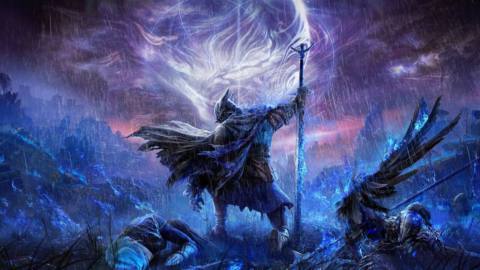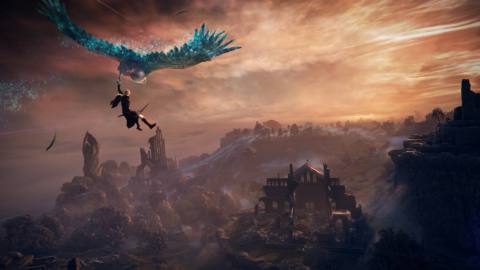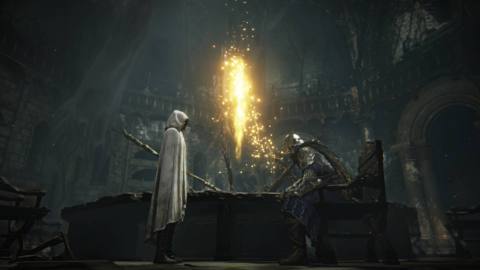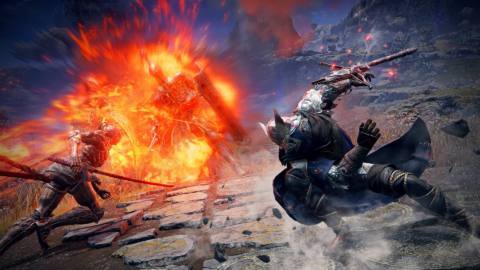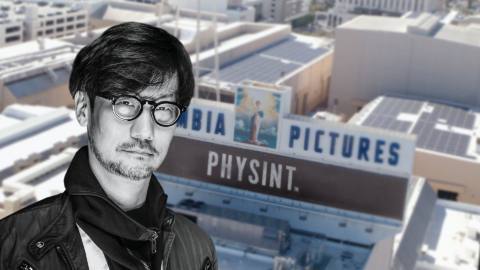
With the recently-announced espionage action game Physint, Hideo Kojima is going back to where it all began. Not literally, of course. He’s not cracking out the MSX, even if Sony did also have a hand in that. Nor is he going back to Konami (can you imagine?) No, Kojima is back to his spiritual home, PlayStation, and quite rightly the console maker is making all the right noises about that.
How many other designers/directors get to promote their games by standing there looking bashful while senior executives tell them how much they love them, and then a drone whizzes out of a studio soundstage into the skies of LA and, and, presumably, trumpeters play triumphantly whenever he enters or exits a room? Exactly.
The funny thing is that, despite all the fanfare, he never truly left. PlayStation is the house that Kojima helped build, and his influence is still keenly felt in the company’s first-party studio, consciously or otherwise. By and large its ‘big’ games are resolutely single player, ‘cinematic’ experiences heavy on the trappings of blockbuster movies. (Occasionally there will be a multiplayer mode, but more often than not it’s an interesting failure.) This is not to say that God of War or Uncharted or The Last of Us are thematically or mechanically similar to, say, MGS, but that the underlying aesthetic influence is the same: cinema cinema cinema, particularly of an American persuasion.

